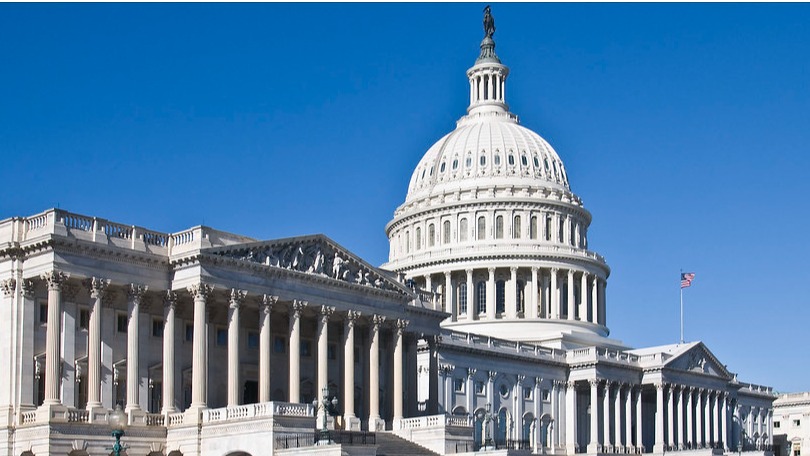A new report from US lawmakers has found that a number of FinTech firms responsible for facilitating pandemic-related loans failed to stop “obvious and preventable fraud”.
The report from the US House Select Subcommittee on the Coronavirus Crisis said that the failure to stop fraud led “to the needless loss of taxpayer dollars.”
An investigation into Kabbage and Bluevine and their partner banks was launched in May 2021 after they were linked to a disproportionately high number of fraudulent loans. This investigation was subsequently expanded to include Blueacorn and Womply.
Blueacorn in particular was highlighted for putting staff under pressure to review loans in less than 30 seconds, and telling them that Covid-related loans did not need as much scrutiny as high-dollar loans. Womply meanwhile was accused of allowing “rampant fraud” by its lending partners who described its fraud prevention practices as “put together with duct tape and gum.”
The report also said that Kabbage, acquired by American Express in October 2020, was found to have approved potentially fraudulent loans as they “imposed minimal risk on lenders who approved questionable applications.”
Kabbage responded to the report by arguing that it “does the American people a disservice by parsing bits of information out of context to reach a predetermined conclusion,” and said that it “adhered to the applicable rules and regulations" of the pandemic relief programme.
Elsewhere, the report noted that Bluevine’s lending partner Celtic Bank observed a steep decline in fraud after it pushed the FinTech to introduce manual review processes.
Commenting on the report, committee chair Rep. Jim Clyburn said: ““Even as these companies failed in their administration of the program, they nonetheless accrued massive profits from programme administration fees.”
When it closed in May 2021, the programme had seen the lending of about $800 billion.
Across the Atlantic in the UK, the government acknowledged that £4.9 billion of the £47 billion lent by banks to 1.1 million companies between May 2020 and March 2021 was fraudulent.
Latest News
-
Gemini to cut quarter of workforce and exit UK, EU and Australia as crypto slump forces retrenchment
-
Bank ABC’s mobile-only ila bank migrates to core banking platform
-
Visa launches platform to accelerate small business growth in US
-
NatWest to expand Accelerator programme to 50,000 members in 2026
-
BBVA joins European stablecoin coalition
-
eToro partners with Amundi to launch equity portfolio with exposure to ‘megatrends’
Creating value together: Strategic partnerships in the age of GCCs
As Global Capability Centres reshape the financial services landscape, one question stands out: how do leading banks balance in-house innovation with strategic partnerships to drive real transformation?
Data trust in the AI era: Building customer confidence through responsible banking
In the second episode of FStech’s three-part video podcast series sponsored by HCLTech, Sudip Lahiri, Executive Vice President & Head of Financial Services for Europe & UKI at HCLTech examines the critical relationship between data trust, transparency, and responsible AI implementation in financial services.
Banking's GenAI evolution: Beyond the hype, building the future
In the first episode of a three-part video podcast series sponsored by HCLTech, Sudip Lahiri, Executive Vice President & Head of Financial Services for Europe & UKI at HCLTech explores how financial institutions can navigate the transformative potential of Generative AI while building lasting foundations for innovation.
Beyond compliance: Building unshakeable operational resilience in financial services
In today's rapidly evolving financial landscape, operational resilience has become a critical focus for institutions worldwide. As regulatory requirements grow more complex and cyber threats, particularly ransomware, become increasingly sophisticated, financial services providers must adapt and strengthen their defences. The intersection of compliance, technology, and security presents both challenges and opportunities.
© 2019 Perspective Publishing Privacy & Cookies













Recent Stories